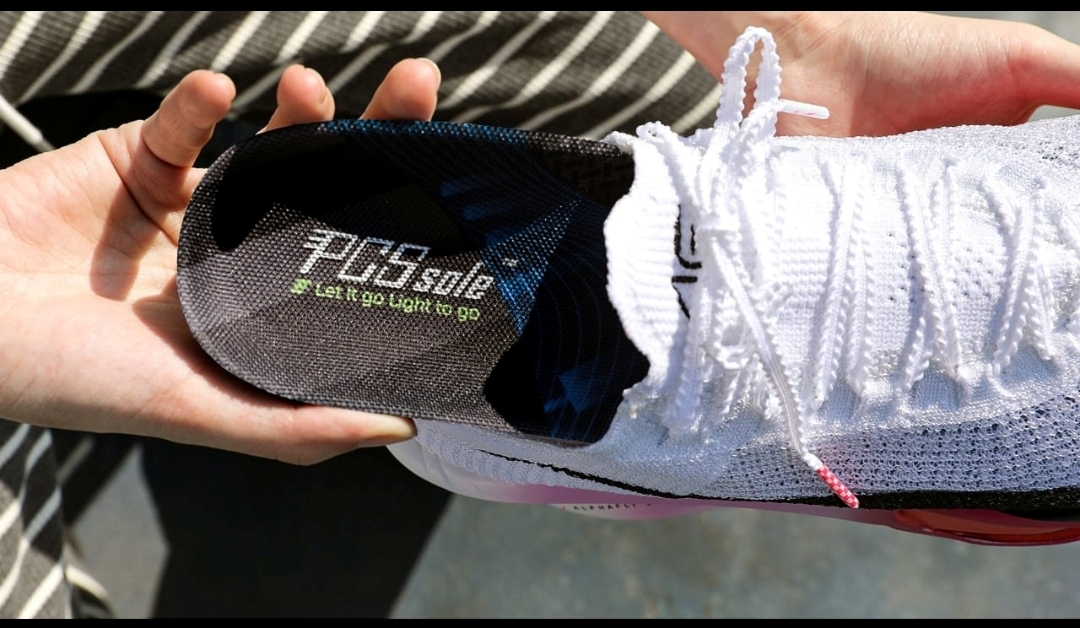Introduction
Do you have foot pain? Do you suffer from plantar fasciitis? Or arch discomfort? These issues can make daily activities uncomfortable, but the right insoles may provide relief. PCSsole insoles are designed with strong arch support, potentially helping to relieve foot pain while contributing to overall foot health. In this guide, we will examine the advantages of PCSsole insoles and their salient characteristics, as well as what makes them stand out within the marketplace.
What Are PCSsole Insoles?
Orthopedic shoe inserts known as PCSsole insoles provide structured support with comfort in mind. Whether you experience discomfort due to plantar fasciitis, flat feet, or just general fatigue from standing, PCSsole insoles may be a helpful addition to your footwear. These insoles are made with high-quality materials to ensure durability and support.
Benefits of Using PCSsole Insoles
1. Enhanced Arch Support
PCSsole insoles are recognized for their notable arch support, especially for those with flat feet or high arches. This design helps promote even weight distribution across the foot.
2. Potential Pain Relief for Foot Conditions
PCSsole insoles aim to offer relief from irritation caused by common foot conditions. The cushioning works in concert with support to help reduce strain on the feet and lower limbs.
3. Potential to Improve Posture and Alignment
Proper foot alignment from PCSsole insoles may contribute to reduced knee, hip, or lower back discomfort. They are beneficial for people standing or walking for long periods.
4. Shock Absorption and Comfort
The high-density foam and gel materials used in PCSsole insoles help to absorb impact, which may reduce stress on the feet during walking, running, or standing.
5. Versatility and Compatibility
PCSsole insoles fit a wide range of shoe types, including athletic shoes, work boots, and casual footwear. They are also available in different sizes to accommodate various foot shapes.
How to Choose the Right PCSsole Insole
Selecting the right insole depends on your foot condition and activity level. Here are some factors to consider:
- Foot Arch Type: Choose insoles that match your arch height (low, medium, or high).
- Cushioning Level: If you need extra comfort, opt for models with additional gel or foam padding.
- Intended Use: Some insoles are designed for running, while others are better for daily wear or work environments.
Pros and Cons of PCSsole Insoles
Pros:
✔ Provides excellent arch support
✔ May help alleviate foot pain and discomfort
✔ Durable and long-lasting materials
✔ Fits most shoe types
✔ Affordable compared to custom orthotics
Cons:
✖ Might require a break-in period
✖ Some users may need to trim for a perfect fit
✖ Not all models are suitable for every foot condition
Frequently Asked Questions (FAQs)
1. How long do PCSsole insoles last?
PCSsole insoles typically last between 6–12 months, depending on usage and activity level.
2. Can one use PCSsole insoles in all types of shoes?
Yes, they are designed to fit most shoes, including sneakers, work boots, and casual footwear.
3. Do PCSsole insoles help with knee pain?
They may help, as improved foot alignment can contribute to reduced strain on the knees and lower body.
4. Are PCSsole insoles washable?
It’s best to clean them with a damp cloth and mild soap rather than submerging them in water.
Why Consider PCSsole Insoles?
If you are looking for reliable and affordable solutions for your foot discomfort, PCSsole insoles may be a valuable addition to your footwear. They offer strong arch support along with cushioning to enhance comfort, which may contribute to better foot health. Athletes, people who work on their feet all day long, and those with chronic foot pain may find PCSsole insoles to be a beneficial choice.
Disclaimer: This content is for informational purposes only and is not intended as medical advice, nor does it replace professional medical expertise or treatment. If you have any concerns or questions about your health, always consult with a physician or other healthcare professional.
Published by Drake M.


















